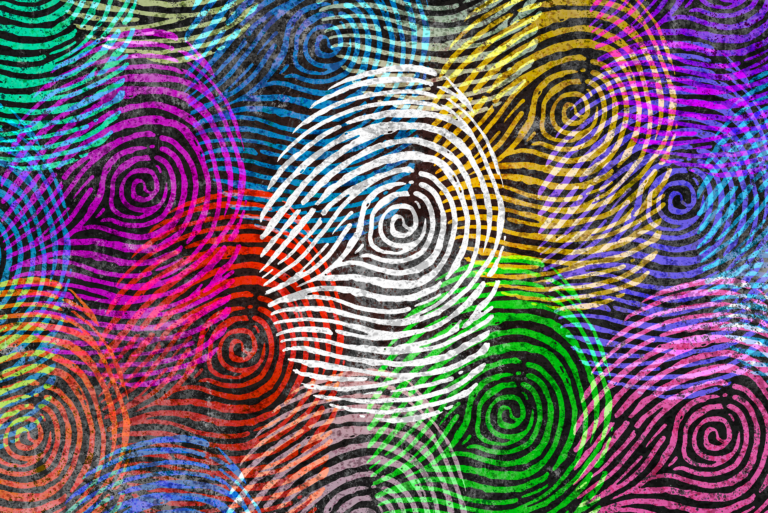
Unless it’s in service to a story, I avoid deep thought. But avoidance only stretches so far; when it became time to write a think piece on why I wrote that particular book (hiding inside a marriage, traumatic brain injuries, coma, emotional abuse, rageful words—stop me!), the murky connective tissues of linking why I write any novel, in particular, confronted me.
The individual why of my fiction—not the fascination of the ‘what of’— eludes me until after I’ve chased ideas to the final page. This time, the unseen who, what, why, and where links for all my novels jumped out like specters I’d avoided for too long.
Embedded in my stories of accidents, domestic homicide, infidelity, and adoption were enormous chunks of men and women coping with fear and loneliness, the loneliness we can face, even amid a seemingly intact group of family and friends.
As a child, the problems my parents faced kept me from being embraced by a larger community or neighborhood, whether cultural, religious, or social. Thus, I realized that I repeatedly interrogated families where uncertain affiliations and beliefs create isolation—where characters fought to feel part of any group.
Like me, my characters could fit in anywhere or no place.
Nor, by my third book, could I deny that exploring the consistent death watch my sister and I carried through life had seeped into every book, perhaps a watch we began after being called home (from the dentist in my case) at the tender ages of nine and thirteen to learn our father (the father we’d only seen on weekends) had died.
Accidents and unintended consequences of actions fascinated me . . . “But I never meant for that to happen . . .”
Writers often don’t recognize their embedded themes until long after writing “the end”—and not even then. Only by looking back do we sense our sore spots and consistent curiosity—though reviewers and book club members sometimes hand out the most accurate revelations.
The ‘but’ can be anything from a child’s bruise which resulted from that basket of laundry you left by the stairs to a house stripped of all valuables because you didn’t lock the door . . .or it can be your spouse lying in the ICU, fighting for their life because road rage overcame good judgment.
Every move we make creates ripples within our circle of friends and family:
- Tenderness and kindness engender waves of confidence and love.
- Rage evokes fear and damage—as small as hurt feelings, avoidance, tiptoeing, and eventually, anger smashes love.
In my third novel, Accidents of Marriage, for the damage he caused, the husband and father in my book might as well have used a fist instead of his cutting words, a gun, instead of a speeding car.
And then there is guilt—another of my perseverations. Working with batterers for many years taught me that change only comes when we face the damage we’ve brought—but admitting we’ve brought harm, especially to people we love, takes courage. On the page, I see how I consistently explore how far we’ll go to avoid admitting culpability:
Will we lie?
Will we pile hurt onto already broken people?
How brave can we be?
I write to find the answers to these questions.
I believe that in all fiction—whether atmospheric literary novels, science fiction, or romance—authors reveal themselves in unintended ways, and the more vulnerability we allow ourselves (and the more authors shake off the eyes of their husband, mother, and best friend off the work-in-progress) the more authentic the work.
And when a writer swears that no piece of their authentic self is on the page, I wonder why.
For me, the question is never if a neurotic fear, crazed ex, or unresolved battle will be dredged up on the page (even if cloaked in supposedly leaded aprons of invisibility—the question is when. ) First page? Middle?
“There have been two great accidents in my life. One was the trolley, and the other was Diego. Diego was by far the worst.”–Frida Kahlo
How? (A regretted one-night stand?)
And in what form? (A nasty trainer? A professor taking advantage?)
And I’ve accepted that if I put forth my most authentic efforts, then those awful-looking scars for which I’ve used so much concealer shine out like beacons, showing the way to that ‘hidden’ anxious, obsessive, anomie-ridden side.
But the reader in me? That’s what she wants to read about. I may not always love those characters, but boy, those are the ones I want to follow.